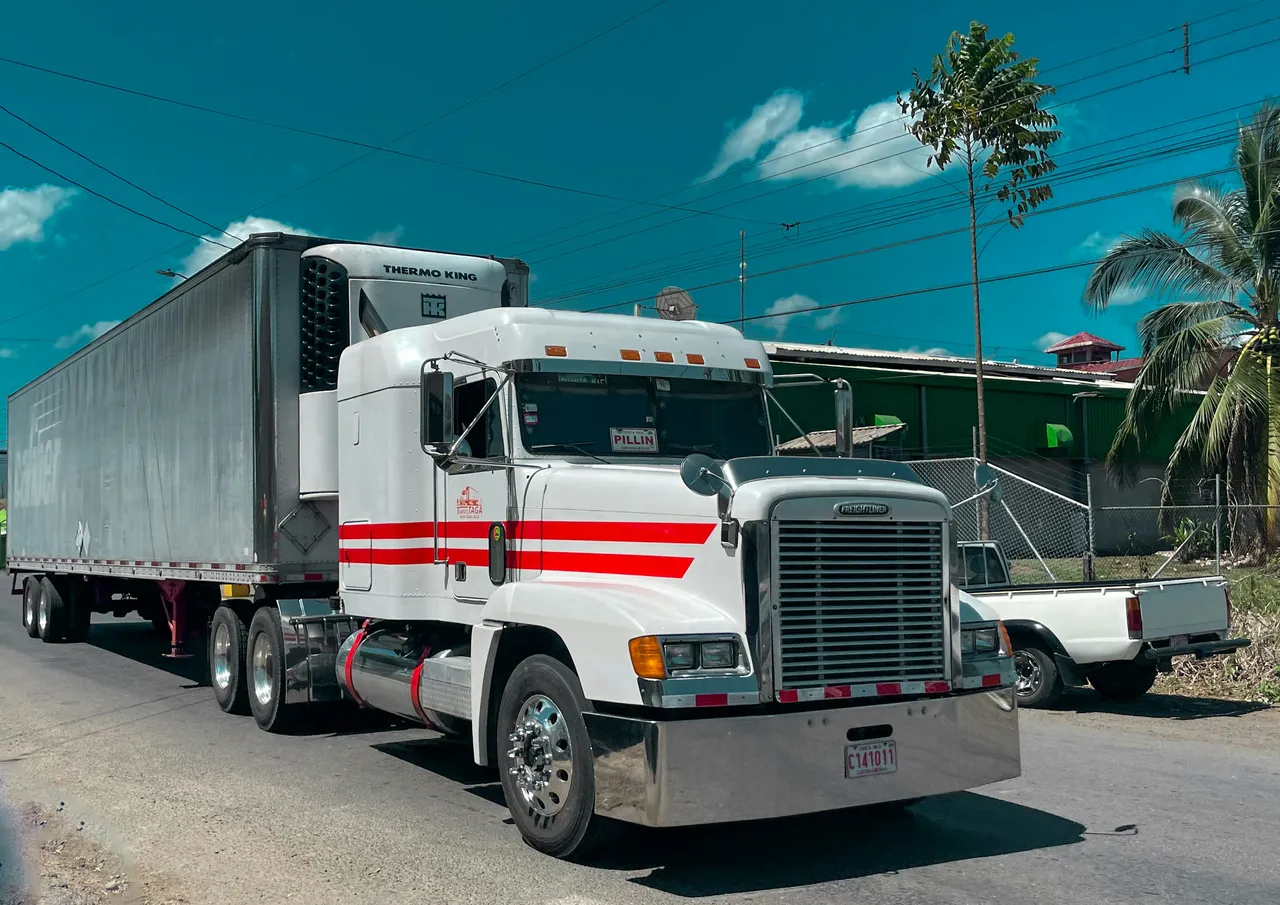Innovative Logistics Technologies Shaping the Future of Transportation

In the rapidly evolving landscape of global logistics and transportation, innovative technologies are paving the way for more efficient, sustainable, and cost-effective operations. This article explores some of the most groundbreaking developments that are shaping the future of the logistics industry.
Autonomous Vehicles
The advent of autonomous vehicles is set to revolutionize the way goods are transported. These self-driving vehicles can operate without human intervention, leading to increased safety and efficiency on the roads. By reducing the reliance on human drivers, logistics companies can save on labor costs and minimize the risk of accidents caused by human error. Furthermore, autonomous trucks can operate 24/7, significantly improving delivery times and operational efficiency.
However, the integration of autonomous vehicles into the logistics chain is not without its challenges. Regulatory hurdles, technological limitations, and concerns about cybersecurity are some of the issues that need to be addressed. Despite these challenges, many companies are investing heavily in this technology, with pilot programs already underway in several parts of the world.
IoT and Big Data Analytics
The Internet of Things (IoT) and big data analytics are transforming logistics operations by providing unprecedented levels of visibility and control. IoT devices, such as sensors and GPS trackers, can monitor the condition and location of goods in real-time, enabling companies to optimize their supply chains and reduce wastage. Big data analytics can process vast amounts of information generated by these devices, identifying patterns and insights that can help improve decision-making and operational efficiency.
This technology not only enhances the performance of logistics companies but also offers significant benefits to the environment by optimizing routes and reducing CO2 emissions. Despite the potential, the implementation of IoT and big data analytics requires substantial investment in technology and skills, which can be a barrier for some companies.
Blockchain Technology
Blockchain technology offers a new level of transparency and security in the logistics industry. By providing a decentralized and tamper-proof ledger, blockchain can facilitate secure and transparent transactions across the supply chain. This technology can significantly reduce fraud, errors, and inefficiencies, leading to improved trust and collaboration among stakeholders.
Moreover, blockchain can streamline administrative processes, such as customs clearance and payment settlements, making them more efficient and less costly. While blockchain technology holds great promise, its adoption is still in the early stages, with challenges related to standardization and integration with existing systems.
Green Logistics
Sustainability is becoming increasingly important in the logistics industry, with companies seeking to reduce their environmental impact. Innovative technologies, such as electric vehicles, alternative fuels, and advanced materials, are making it possible to achieve greener logistics operations. These technologies not only help in reducing carbon emissions but also in lowering operating costs in the long run.
In addition to technological innovations, there is also a focus on optimizing logistics networks and processes to minimize waste and energy consumption. As consumer awareness and regulatory pressures increase, the drive towards green logistics is expected to accelerate, with technology playing a key role in enabling sustainable practices.
In conclusion, the future of transportation and logistics is being shaped by a range of innovative technologies. From autonomous vehicles and IoT to blockchain and green logistics, these developments promise to transform the industry, making it more efficient, secure, and sustainable. As these technologies continue to evolve, logistics companies must stay abreast of the latest trends and invest in the necessary capabilities to remain competitive in this dynamic environment.
This article was developed using available sources and analyses through an automated process. We strive to provide accurate information, but it might contain mistakes. If you have any feedback, we'll gladly take it into account! Learn more